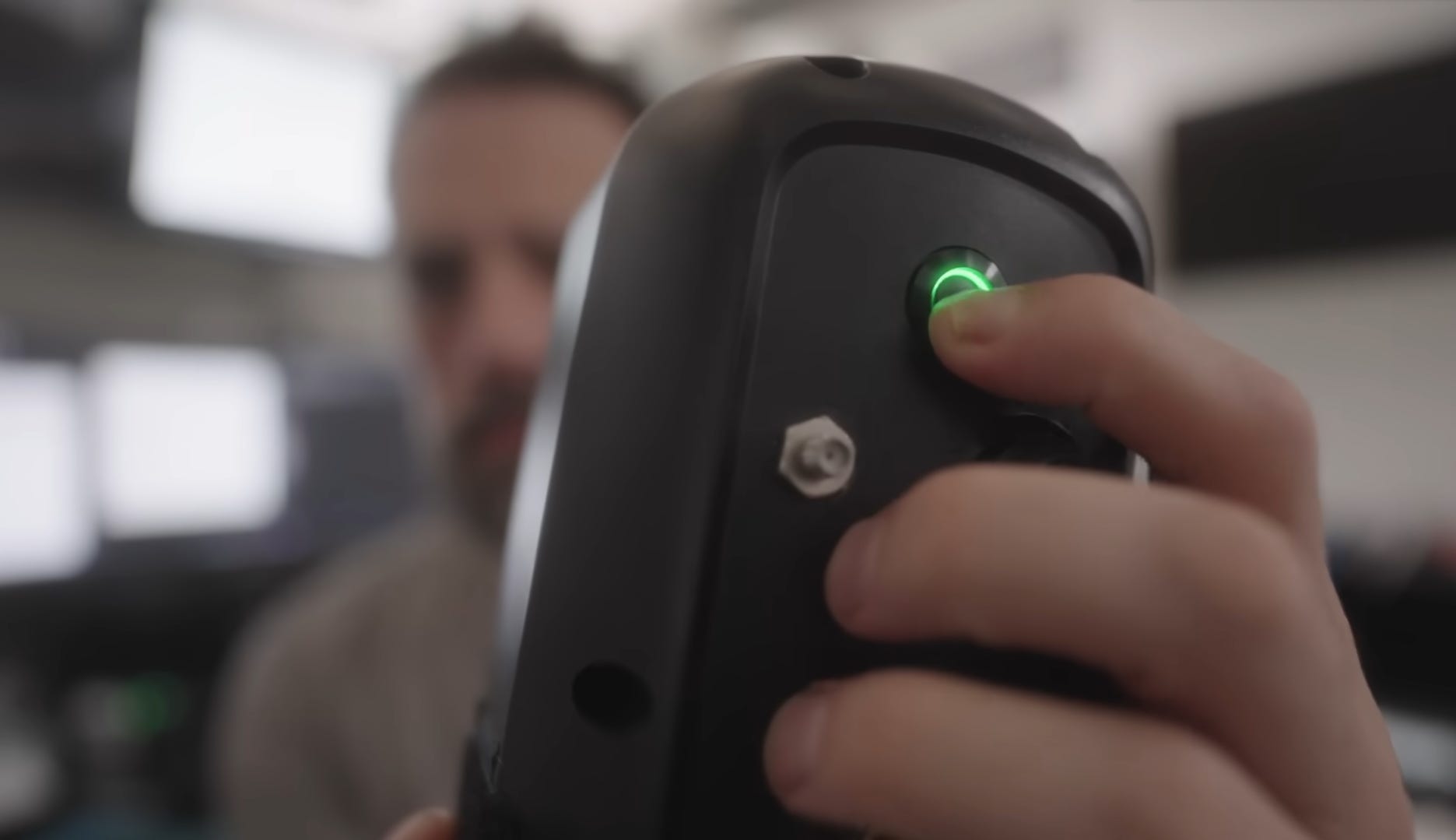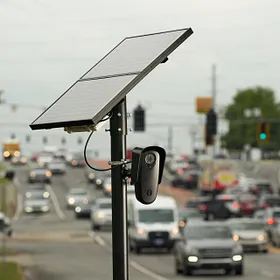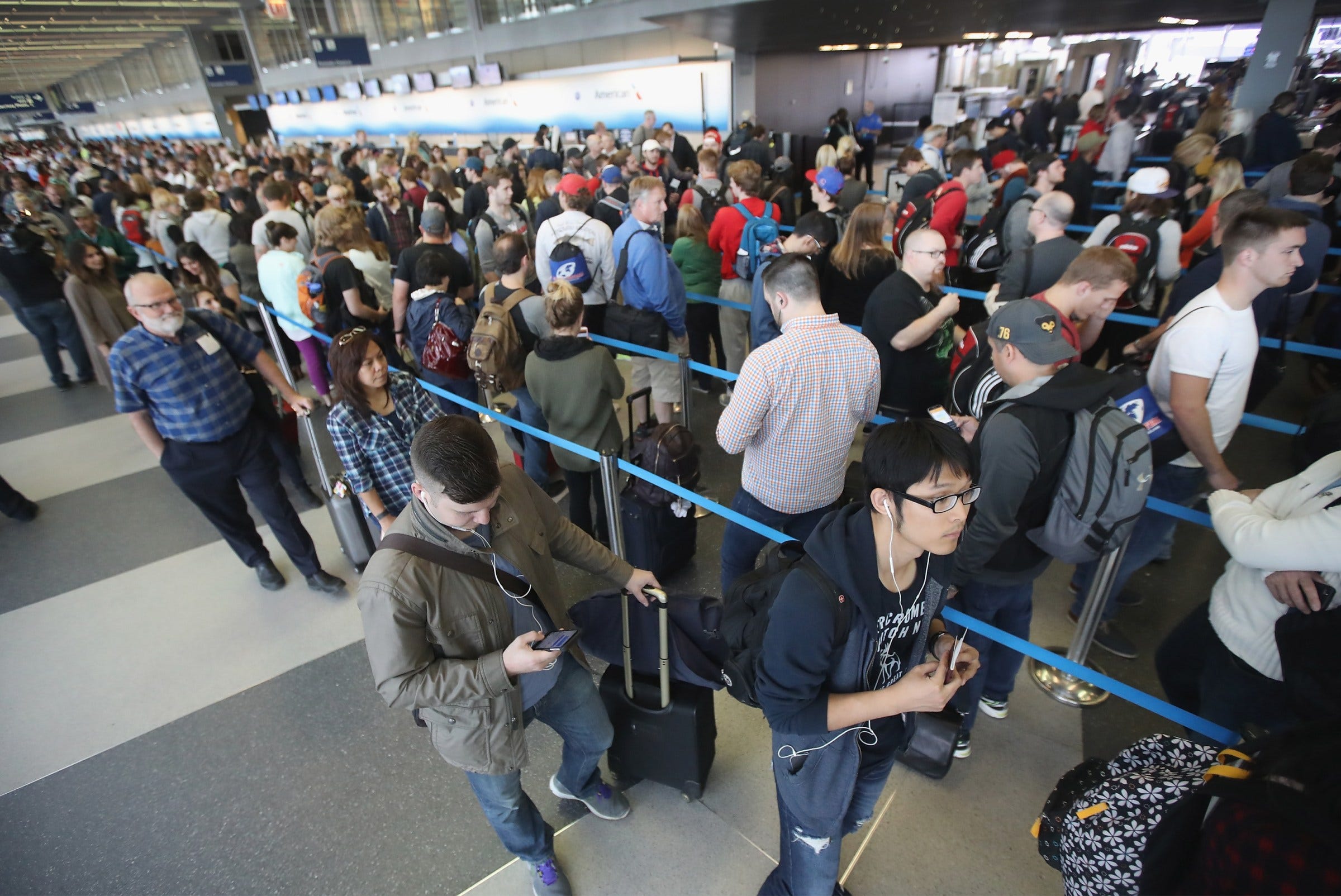Yves here. This post provides an important service in spreading the word about how easily Flock cameras, sold as license plate readers but actually broad surveillance cameras, can be hacked and their videos altered.
But the base case uses are bad enough. 404 Media reported in May that ICE was using the 5000 community network of Flock devices to track and nab suspected illegal immigrants:
Data from a license plate-scanning tool that is primarily marketed as a surveillance solution for small towns to combat crimes like car jackings or finding missing people is being used by ICE, according to data reviewed by 404 Media. Local police around the country are performing lookups in Flock’s AI-powered automatic license plate reader (ALPR) system for “immigration” related searches and as part of other ICE investigations, giving federal law enforcement side-door access to a tool that it currently does not have a formal contract for.
The massive trove of lookup data was obtained by researchers who asked to remain anonymous to avoid potential retaliation and shared with 404 Media. It shows more than 4,000 nation and statewide lookups by local and state police done either at the behest of the federal government or as an “informal” favor to federal law enforcement, or with a potential immigration focus, according to statements from police departments and sheriff offices collected by 404 Media.
Last week, in an important ruling, a Washington Superior court judge ruled that Flock recordings were public records, and brushed off the usual attempt at a dodge that storing them with a private company made them not so. This decision created a panic among Flock-using police departments. It would allow ordinary citizens to demand all sorts of surveillance data, which could expose and/or substantiate misconduct or negligence. From Fox:
A Skagit County Superior Court judge ruled that images from Flock Safety automated license plate reader cameras in Stanwood and Sedro-Woolley qualify as public records under Washington’s Public Records Act….
For years, cities and police agencies have argued that data stored by third-party vendors falls outside public records laws. They often make this claim even when the data documents activity on public roads. The Washington ruling did not settle broader questions about surveillance, but it rejected the idea that Flock camera images are exempt simply because a vendor stores them. This decision exposes a growing tension between how agencies use surveillance tools and what the public can access under state law.
Needless to say, this ruling is a big aid not just to journalists, citizen-investigators, and activists, but even more so to victims of Flock and other license plate reader misuse. As the video below explains, cops too often go out after what they deem to be suspect, despite the fact they ought to know these systems have a pretty high false positive rate. And that’s before the abuse of using the voluminous recordings to stalk ex lovers or target political groups that the authorities don’t like.
Towards the end, this presentation provides practical advice about what to do if police detain or try to interrogate you based o a bogus license plate reader match, as well as how to take steps to limit the use of this technology.
But having said that, the ease of hacking/video alteration ought to severely dampen the use of these cameras. I hope technologists will weigh in. What could a defense attorney demand that the prosecution produce to establish that the video was unaltered? Would the camera or the system retain logs long enough to show there had been no intrusion?
By Thomas Neuburger. Originally published at God’s Spies

We recently pointed out a number of problems with Flock Safety’s cameras, marketed to police and the public as “license plate readers.” These are cameras placed publicly in municipalities, operated by cops, and used to record everything they see. Everything they see. And they’re used for any purpose whatsoever.

For more on that, go here:
 Cities Panic Over Having to Release Mass Surveillance Recordings
Cities Panic Over Having to Release Mass Surveillance Recordings
This is a tale of Flock cameras, something you may never have heard about. Flock cameras are sold to the gullible and the complicit as simple “license plate readers.” Flock cameras are designed to watch cars. For safety, of course. Because crime. But they are much more.
Turns out there’s much more to this story — these cameras are evil in many more ways than one. (Thanks to commenter Friend at Naked Capitalism for the tip.)
Flock Camera Vulnerabilities
The best way to understand the myriad problems with Flock’s “Safety” cameras — safety’s in quotes because the cameras are wildly unsafe — is to watch the video above. It’s provided with chapters:
I recommend watching the first two, especially the first, about the amazing number of vulnerabilities. Yes, Flocks can be hacked completely. Among the vulnerabilities:
- Flock cameras are computers. With the touch of a button, they surrender ‘root’ access and grant complete control.
- They can be hacked to send their video stream to a designated remote server.
- They can be used as a botnet client for hosting malware (see video for explanation).
- They can capture Wi-Fi handshake credentials and perform “middleman” or “honeypot” attacks.
- With captured handshake credentials, you can replace or modify stored footage or images.
Consider just that last problem. A prosecutor could be forced to prove that Flock data has never been hacked or risk having it ruled inadmissible in court.
Or imagine the blackmail possibilities for unscrupulous actors who can use hacked (or unhacked) images. (“Was that really the mayor? Who was that woman he kissed?”) Remember, Flock cameras record everything, not just license plate numbers. And that’s on top of the fact that these cameras don’t really reduce crime (21:26). This is an excellent section all on its own.
Go here for to see maps of Flock camera placement (mentioned in section 3).
Surveillance Produces Unhappy Societies
I can’t speak for Chinese reactions to constant surveillance, but the following is certainly true for those in the West. From the video (26:45):
If you have a job where you think your superiors are constantly watching you and judging your every move, you’ll be concerned with appearing to be productive instead of learning and developing your skills at your natural speed.
Or consider this recent study that strongly suggests that high levels of surveillance cause a steep decline in voluntary visual processing, meaning that it quite literally impairs the brain’s ability to process and recognize human faces. And once again, this is one of those things that you hear and you’re like, “What?” But when you think about it, it’s not all that surprising.
When you feel like you’re in an environment where you are intrinsically not trusted, you’re going to be far less likely to make friendly or meaningful social connections with others. And I’m sorry, but that just doesn’t sound anything like a safe environment to me.
And that’s on top of an exhaustive amount of studies outlining exactly how and why increased surveillance decreases well-being and mental health. But some people seemingly only read the studies conducted by companies trying to sell them something.
“Some people” above means cops and city officials. I’ll come back to that, why modern Americans default to surveillance and control.
And we all go along; we even defend our submission. Why do you think that is? Why do we submit, like cows, to the “airport experience”?

Why are so many European countries so widely surveilled? For example:
Here in Sweden, the use of license plate scanners has become the norm for basically all parking houses, bridge tolls and road tolls. Even if you don’t install the app or become a “member” of whatever system they are using, the license plate scanners is still used to detect when you enter or leave, and in some cases they automatically look up your home address to send you the bill with zero interaction with the driver. Even if they offer alternative ways to pay, by for example SMS, it still uses the license plate scanner when you leave.
The only political party to even mention this as a problem was the pirate party back 15 years ago, and even then it never became a major issue that got discussed. Like paying with credit cards rather than physical cash, people see it as convenience or just as the way things now work.


Benn Jordan did this video on stopping license plate scanners of recognizing your license plate.
https://m.youtube.com/watch?v=Pp9MwZkHiMQ&t=2022s
Unfortunately, the legality of this practice is unknown.
Regarding this, using the old chestnut concerning voting as our guide, it is probable that “They” will make any effective method of ‘evading’ surveillance illegal. Ex Post Facto Policing.
Reposting my comment on God’s Spies:
Just like the Washington judge who ordered that Flock footage be made available under the Public Records Act, I’m less worried about surveillance than I am about the poor security and hack-ability of these devices.
The Fourth Amendment only protects places and activities where a person has “a reasonable expectation of privacy” ever since Katz v. U.S. in 1967. We are REQUIRED to hang license plates on our cars so that they may be identified in public places and while using taxpayer-funded roadways. No reasonable expectation of privacy. If someone robs a bank or runs over an old lady in a crosswalk, why wouldn’t we want the cops to be able to identify them?
My issue is that Flock is making local police PAY to gather information that Flock can monetize, a double rip-off of the taxpayer. Flock does this with unsecure cheapskate tech that is easily hacked and turned into bot-nets and WiFi skimmers — and that bad actors can skim and modify using AI to create false evidence. The problem isn’t “privacy” it’s profit.
Catherine Austin Fitts on a short Solari Report:
Making a Turkey Out of Flock. (Wait for her comment at the very end.)
Did the MAGA Bubble Just Pop for the Chicago Police? Federal Action on Immigration Is Pure Theater
https://www.youtube.com/watch?v=HjIcqP1YO6A
Let me just say this: YOU have no access to the court system unless you are wealthy or you can find an attorney who believes they can make money representing you in court. Otherwise—you’re on your own!!!